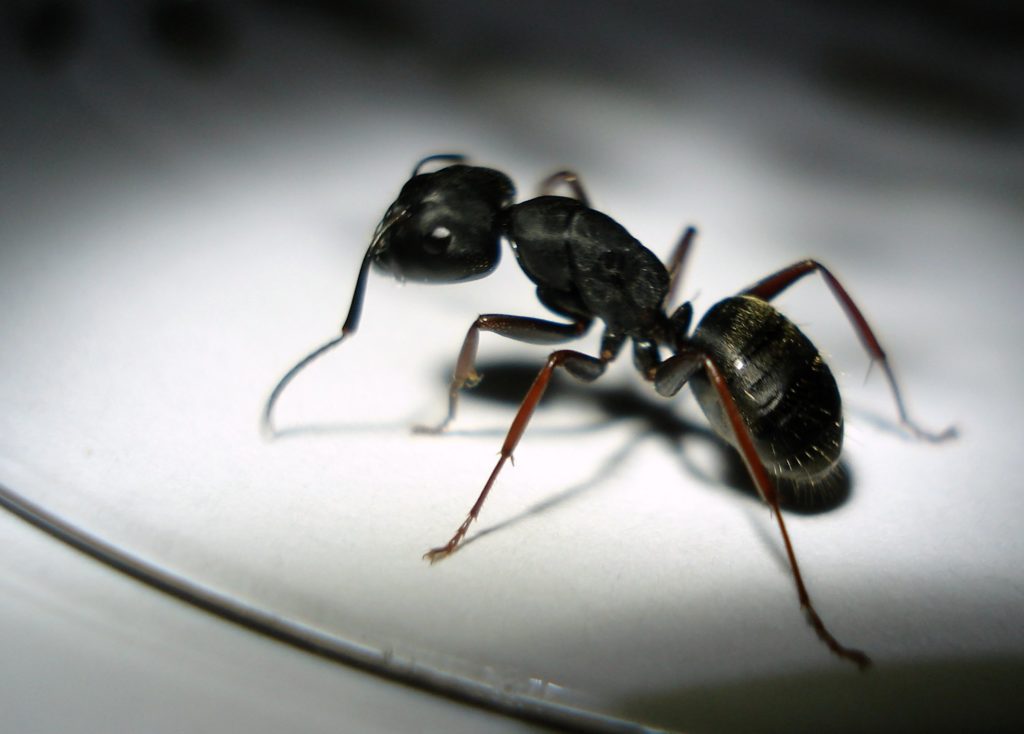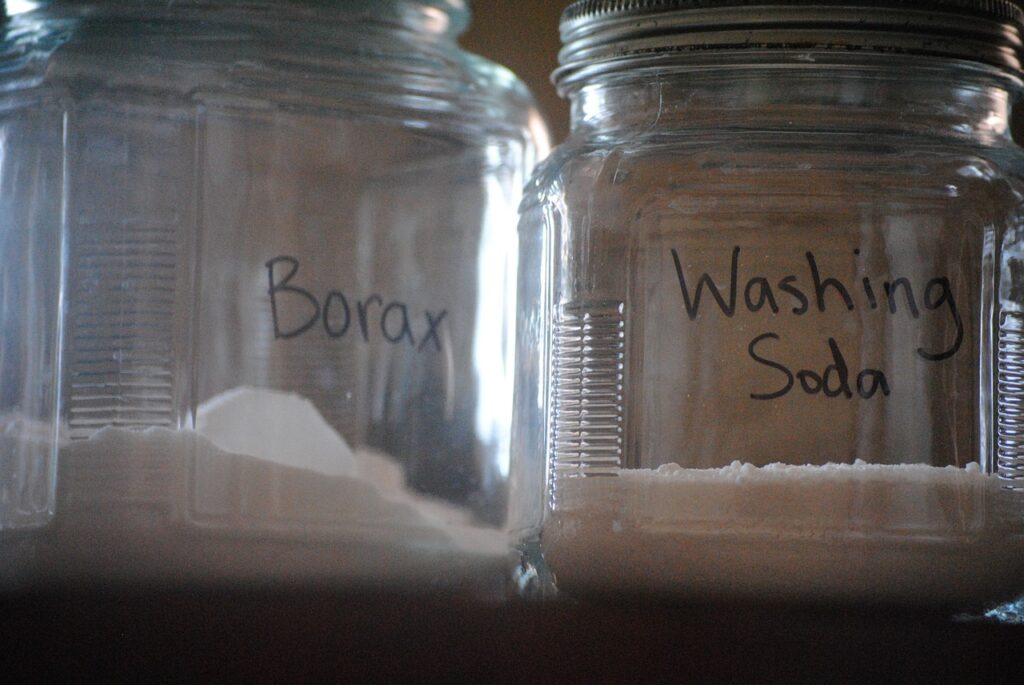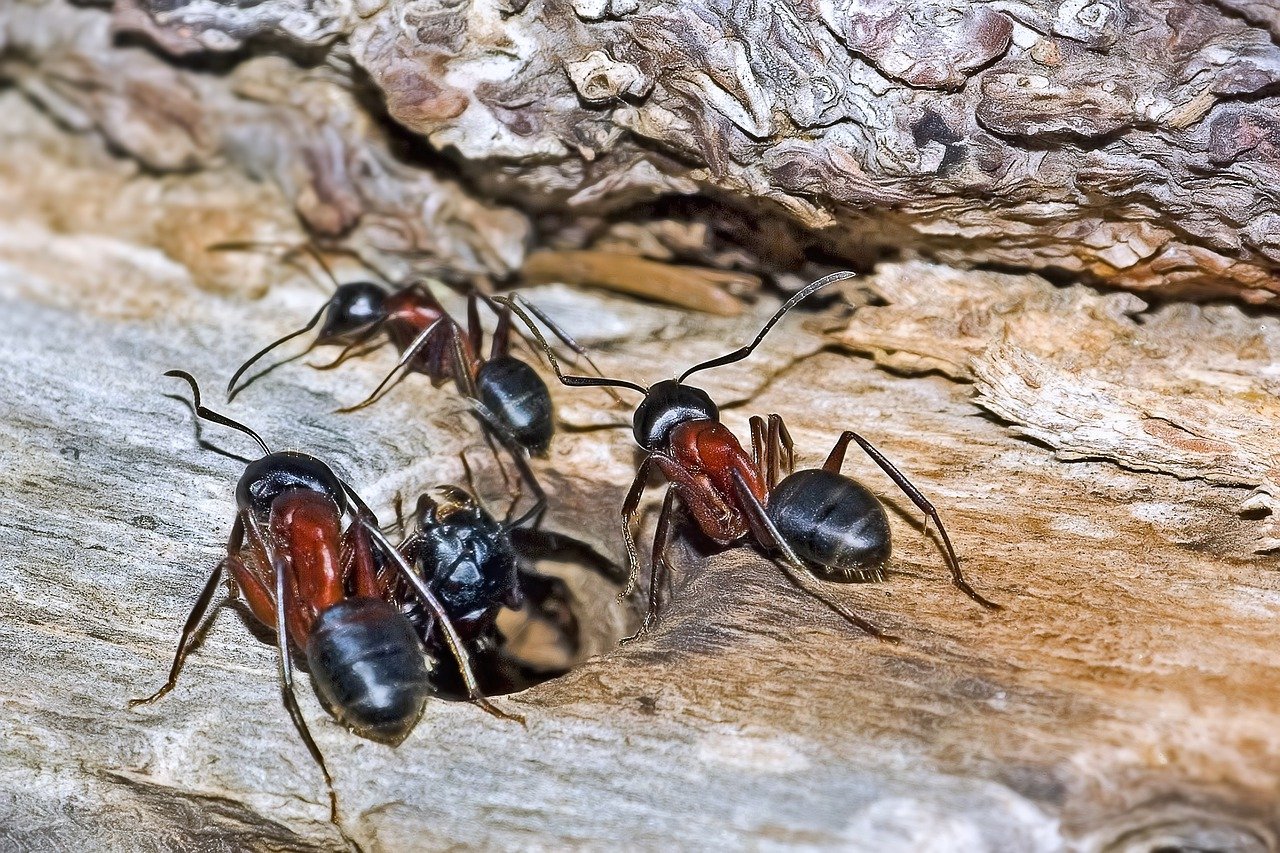Carpenter ants are just some of the many different kinds of ants that can infest your home. They are bad news, primarily because of how structurally destructive they are compared to other ant species. So here is everything you need to know about carpenter ants.
Fast facts
It’s important to know the enemy you are trying to eliminate. If you know what they are and their habits, you will be ready to deal with them properly.
- Don’t confuse carpenter ants with termites. Carpenter ants are always confused with other home pests such as termites. This is understandable. After all, both of these pests like to be around wood. They have key differences. Carpenter ants are black or dark brown while termites are brown or light brown. Carpenter ants also have two pairs of wings, with one pair being larger than the other. Termites have two pairs of wings too, but the pairs are of equal sizes.
- They like to chew on wood. Carpenter ants chew on wood to help build their nest. And no, they don’t actually eat the wood, unlike termites who have wood in their diets. Carpenter ants like to stay in old and rotten wood, especially if they are moist. You know you have these ants instead of termites when the wood has smooth excavations and galleries like they have been sanded by a carpenter. Termite galleries, on the other hand, are often full of debris, which is typically made of termite excrement.
- They are some of the most problematic ants you can have at home. These kinds of ants are some of the most destructive kinds you can have at home. Most ants are just nuisance pests, meaning they are not really dangerous and are just a general annoyance at home. But carpenter ants are built differently. Over time, they can structurally destroy a home, especially if it has a lot of wooden parts.

How to get rid of carpenter ants
You can get rid of these ants with the help of pest control professionals. But you can also do it yourself if you are feeling confident.
- Call pest control professionals. There are commercial products you can buy to get rid of ants, with ant baits and insecticides as the most common ones. There are also DIY methods involving natural ingredients like vinegar. However, commercial products will require you to strictly follow instructions. If you don’t, they can become dangerous and ineffective. DIY methods with natural ingredients can be complicated as well. Many of them are not backed by science and their effectiveness is not guaranteed.
- Locate the ant nest yourself. If you don’t want to call pest control professionals and you really want to get rid of the carpenter ants yourself, the most crucial aspect is locating the ant nest. This is easier said than done. But a quick solution is to bait the carpenter ants with meats, proteins, or sweets. They will try to bring the resources back to their colony. Just follow the ant trail to locate where the colony is. Once you know where the colony is, your ant problem is already half-solved.
- Use baits or insecticides. Baits are food items that attract ants, but the twist is that they have toxic ingredients that eventually kill their victims. They are effective in getting rid of ant infestations because they infiltrate the ant nest. There are commercial ant baits out there, but you can also make one yourself by mixing boric acid and sugar. However, take note that boric acid can be toxic to humans as well. Insecticides are more straightforward. They often come in sprays. Before using baits or insecticides, make sure to read their instructions.

How to prevent carpenter ants from coming back
The key is to get rid of their attractors. If they have no reason to be in your home, they won’t be.
- Eliminate moisture and standing water. These ants like damp wood more than dry wood. And unfortunately, you may have damp wood at home if you don’t control moisture or let standing water accumulate on your property. Properly ventilate areas prone to moisture, such as attics, basements, and crawl spaces. Fix piping problems as well, like HVAC or plumbing leaks.
- Replace old and rotten wood. You may be too late in eliminating leaks and moisture. There may be wood in your home that has already succumbed to them. As a result, they may grow old and rotten — a perfect nesting spot for carpenter ants. Always inspect the wooden parts of your home, especially those that are in areas prone to moisture. Look for signs of carpenter ant infestations. Aside from the smooth galleries, you should also look for sawdust and live ants, especially at night when they are more active.
- Get rid of potential passageways. Remember that ants are generally small creatures. The smallest gaps in your home may still be big enough to let them get through. For example, the gaps in your windows and doors can serve as passageways for ants, so you should put weatherstrips on them. Cracks, crevices, and holes in your walls that you often ignore can also serve as passageways. Seal them immediately.
Get rid of carpenter ants as soon as you can
The only good news with carpenter ants is that they are not as medically dangerous to you compared to, say, fire ants. Fire ant bites and stings can result in burning, itching, and even infections. But unfortunately, the good news ends there.
Carpenter ants are destructive home pests because of their ability to cause serious structural damage, especially to the wooden parts of your home. Get rid of them now by locating their nest and killing them off with commercial products like baits and insecticides. Take DIY and natural methods you read online with a grain of salt. They may not be very effective, but you are free to try them.
If all else fails, you can always get help from pest control professionals. Get rid of these ants now with whatever method you prefer before they destroy your property.


I’ve been told that ANT’S won’t cross a SALT TRAIL? true?
Hi Steve,
I think the general consensus is that ants can cross a salt trail but normally they will avoid doing so. Salt absorbs moisture from ants’ bodies and so they would prefer not to cross a line of salt on the ground or surfaces if they can help it.
Thanks,
Deal With Pests